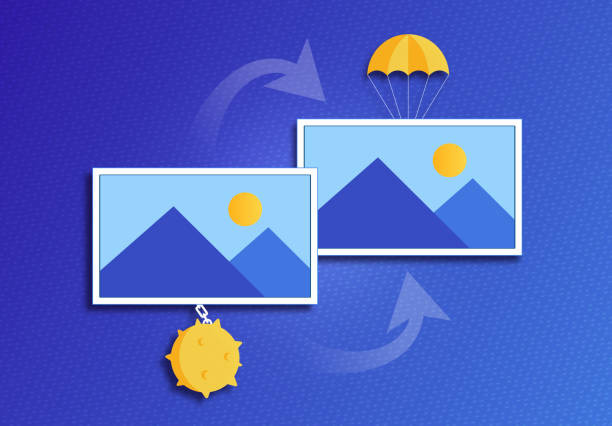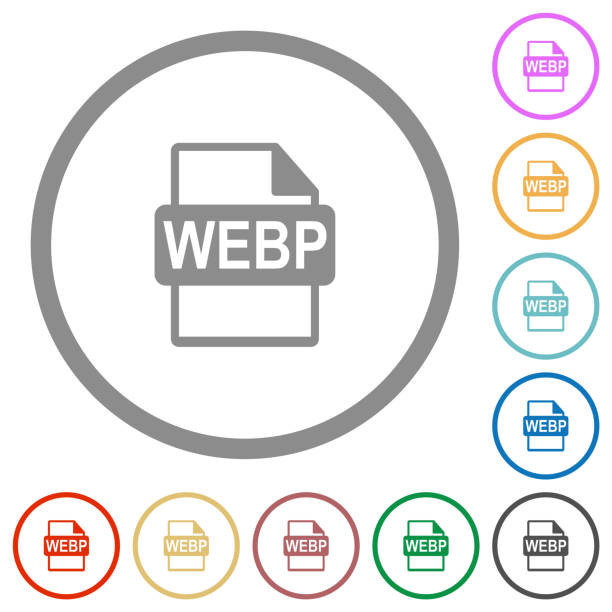Image optimization is the key to unlocking a website’s full potential in today’s digital world. Slow-loading pages are aggravating for users and harmful to your online success. This is where Webp Image Converter APIs come in handy. These powerful applications provide a simple and easy-to-use interface for easily converting any image file into an extremely efficient webp format. Providing lightning-fast page loads and enhanced website performance.

A Web Image Optimization API’s Potential
- Improved Website Performance: The ability to convert photos to a very efficient webp format is one of the key advantages of utilizing the API. Webp provides greater compression without sacrificing picture quality, resulting in quicker web page loading and lower bandwidth use. This boost in website performance can result in improved user engagement, higher search engine rankings, and higher conversion rates.
- The API’s user-friendly UI and batch processing capability make it simple to incorporate into current workflows and content management systems. Developers can save time and effort by automating image optimization operations and effectively processing a large number of photos.
- Mobile App Optimization: Image optimization is critical in the mobile app development field to provide speedy loading times and a seamless user experience. The API enables mobile app developers to optimize photos for different screen sizes and resolutions. Resulting in quicker app loading and overall performance improvements.
- Enhanced Digital Marketing: Image optimization may have a huge influence in the domain of digital marketing. Where appealing graphics play a critical role. Faster-loading pictures in online ads and social media postings can increase user engagement and campaign effectiveness.
- E-commerce Advantage: Online retailers rely largely on high-quality photographs to successfully present their items. E-commerce sites may improve the shopping experience. Minimize bounce rates, and increase sales conversions by using the API to optimize product photos.
- Bandwidth and storage savings: Webp’s effective compression considerably decreases picture size when compared to other formats such as JPEG and PNG. This not only makes websites load quicker, but it also saves bandwidth and server storage expenses.
- Accessibility and User Experience: Users with poorer internet connections or who use mobile devices will benefit from faster-loading web pages. Businesses may attract and keep more visitors by delivering a better user experience.
- Webp is extensively supported across a broad range of web browsers, operating systems, and devices, making it a versatile solution for image optimization.
Which Web Image Optimization API Provides The Highest Quality Results?
We investigated numerous options and concluded that the Zylalabs Webp Image Converter API was the most dependable and effective.
Image conversion to webp format.
Utilize the “Webp Converter” endpoint.
When you enter the URL of the image, you will be provided with a link to the image in webp format.
As an example, consider the following API response:
{
"success": true,
"webp": "https://webxecute.com/webpapi/images/63d820fb5d283.webp"
}Where Can I Look For The URL To The Webp Image Converter API?

- To begin, go to the Webp Image Converter API and press the “START FREE TRIAL” button.
- After joining Zyla API Hub, you will be able to utilize the API!
- Make use of the API endpoint.
- After that, by hitting the “test endpoint” button, you may perform an API call and see the results shown on the screen.
Related Post: Enhancing Images With A Web Image Optimization API

